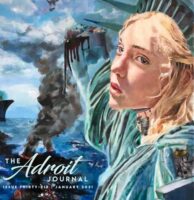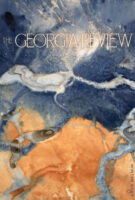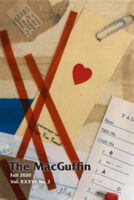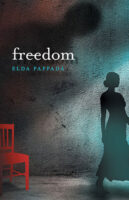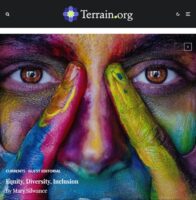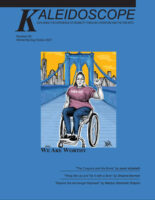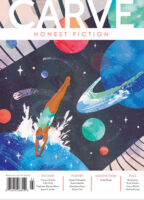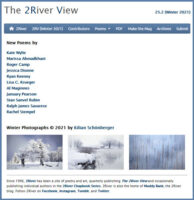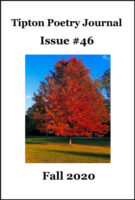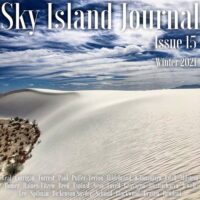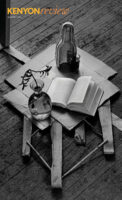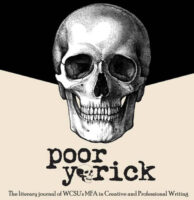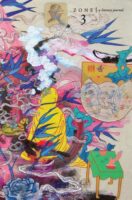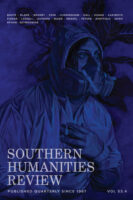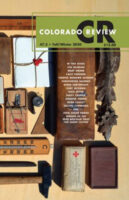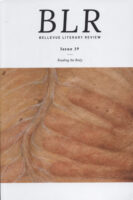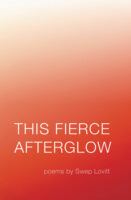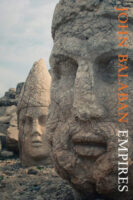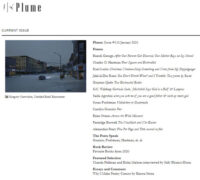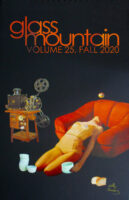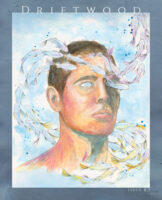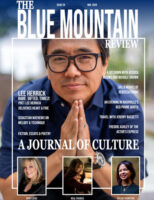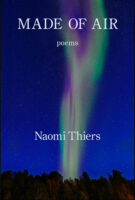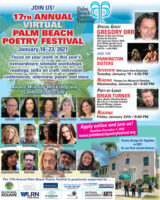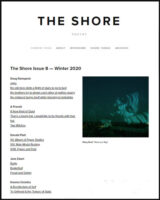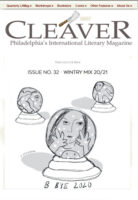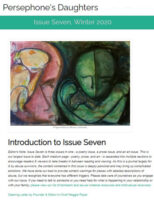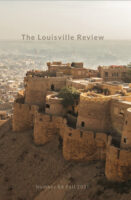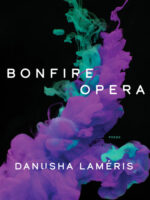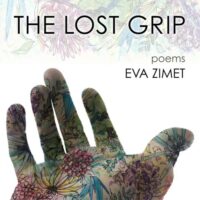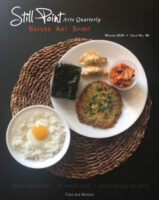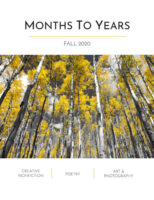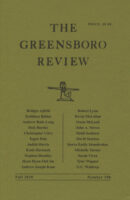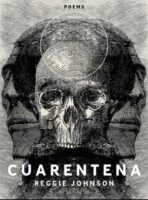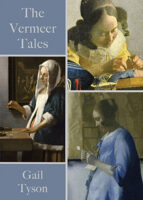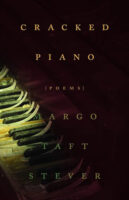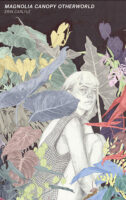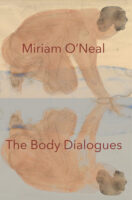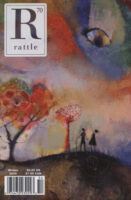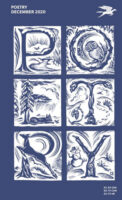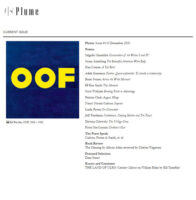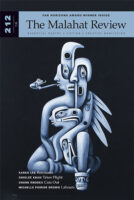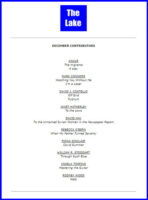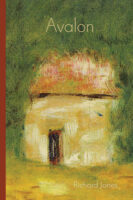 Guest Post by Michael Hettich.
Guest Post by Michael Hettich.
In this disjunct time, when cynicism and lies swarm the air like gnats, it’s a great solace to find a poet whose work is suffused with what can only be called love, a poet whose vision, though fully engaged with the fractures and griefs of this moment, is imbued with a sense of wonder, humor and compassion for all, including himself. Richard Jones has been writing such poems for many years. His numerous books published by Copper Canyon Press as well as stellar chapbooks from Adastra Press and other small publishers, to say nothing of his translations or of his work editing Poetry East, have distinguished him as one of our most valuable poets. His new book, Avalon, from Green Linden Press, is as strong as anything he has previously written, a work of great tenderness and vision.
Many of the poems in Avalon take the reader on spiritual journeys through realms of confusion and sorrow leading toward a sense that, somehow, amidst our existential bewilderment, the wonder of our very being holds transcendent truths we’ve yet to plumb, truths that might enthrall us were we to embrace them. A citizen of our time, Jones is nevertheless a kind of visionary, a poet who risks vulnerability to achieve the kind of innocence that makes revelation possible. His poems often start in the particulars of his own life to seamlessly move into fable-like narratives in which the ineffable is glimpsed, the unsayable (almost) whispered. And though what’s glimpsed eludes the speaker’s full grasp, nevertheless he knows it’s there, that moment out of time when the truth of each moment is revealed. In short, these poems simultaneously enact and document instances of grace, blessings in the midst of confusion.
Though never “confessional” in the conventional sense of that word, all of Jones’s poems are deeply personal, exploring not regrets and losses but rather yearnings—for the deepest connections to his family, to the world, to himself and, finally, to his God: “a praying mantis / lands on my left forearm, / turns his head, and studies me. / The spiritual way he folds / his long green wings / makes me believe he’s here / on a heavenly mission . . . .” Our blessings, for Jones, are located exactly where our confusions and griefs most pain us as feeling, yearning, tender-hearted humans. Such poetry as this is always nutritious food, but it is particularly so in these ravaged, profoundly confusing times. For those that read them carefully and with an open heart, the poems of Avalon will provide not just aesthetic pleasure but a kind of solace as well.
Avalon by Richard Jones. Green Linden Press, June 2020.
Reviewer bio: Michael Hettich has published a dozen books of poetry, most recently To Start an Orchard, which was published in 2019. A new book, The Mica Mine, is forthcoming. His website is michaelhettich.com.
